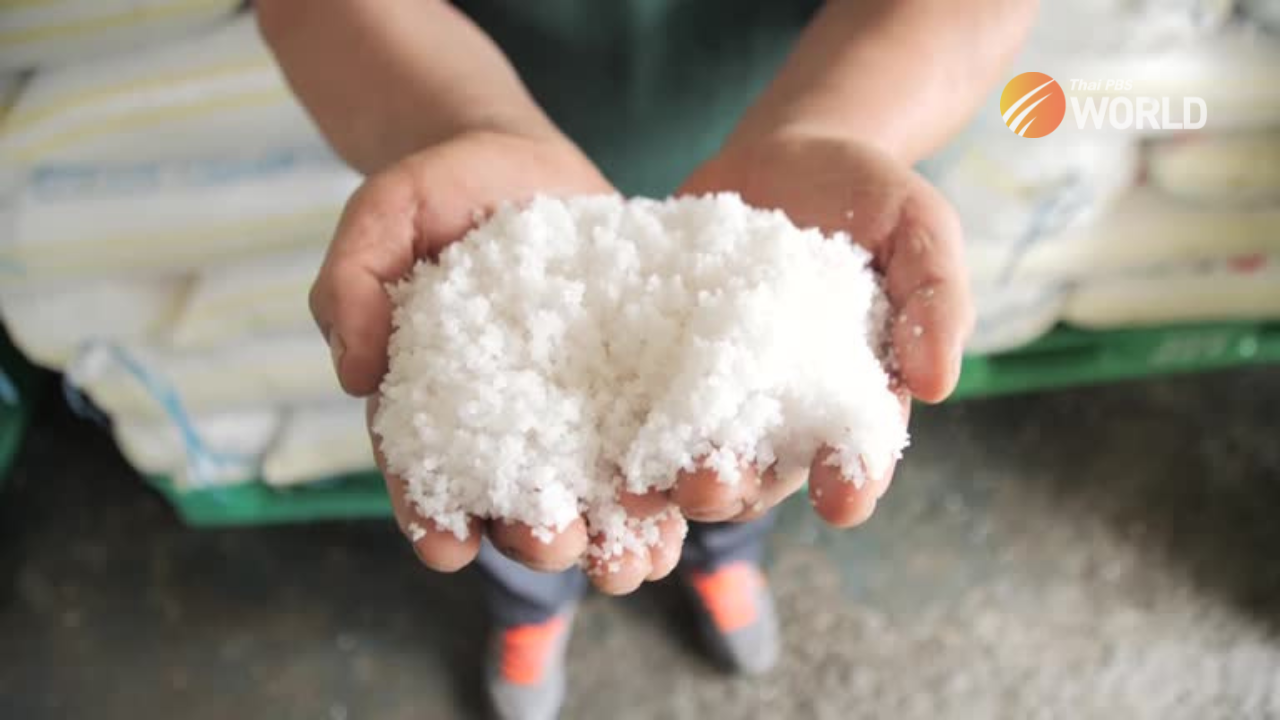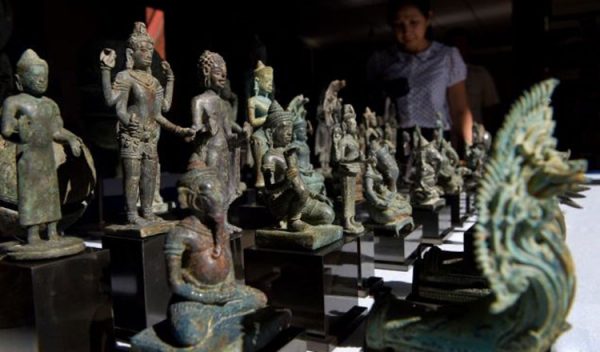South Korea sea salt demand grows ahead of Japan’s Fukushima contaminated water release

Ahead of Japan’s planned release of contaminated wastewater from the wrecked Fukushima nuclear plant in the summer, demand for sea salt in neighbouring South Korea has recently grown and retailers are stockpiling in fear of a supply shortage.
“It may look like I have a lot of salt to sell here, but those are already all sold out and waiting to be delivered. Apparently, there’s not enough supply so I haven’t received more (salt),” said Hyun Yong-gil, owner of a wholesale salt store in Seoul, who added that his sales has gone up by 40 to 50%.
South Korea’s fishery authorities have vowed to ramp up efforts to monitor natural salt farms for any rise in radioactive substances and maintain a ban on seafood from the waters near Fukushima.
But their efforts have not stopped some people from buying a lot more than they need, worried about the potential health hazards stemming from Japan’s move.
Sea salt prices have gone up by nearly 27% in the first week of June from two months ago, according to South Korea’s Ministry of Oceans and Fisheries. But the ministry attributed the uptick in price more to poor weather in recent months and a fall in production, not to panic buying.
70-year-old Park Soo-chun, who runs a retail shop selling sea salt, said his original vendor was running out of salt stocks so he had to find another one, in order not to lose out to competing salt shops.
“Usually these (salt bags) get delivered to me, but I came here myself to receive them as the situation was pretty urgent,” said Park as he loaded sacks of salt into his car.
While Seoul and Tokyo have taken steps in recent months to mend ties marred by historic disputes, Japan’s plan to release more than a million tonnes of contaminated water – mainly used to cool the reactors of the destroyed Fukushima power plant – remains contentious for its closest neighbour.
More than 85% of the South Korean public oppose Japan’s plan, according to a survey last month by local pollster Research View. Seven in 10 people said they would consume less seafood if the wastewater release goes ahead.
Shares of salt and seafood manufacturers have rallied in South Korea in recent days, and social media posts talking about buying salt in large amounts and urging people to do the same have also gone viral.
“I worry the release of wastewater could not only pollute (the ocean) and lead to health problems but also raise salt and seafood prices,” Park Young-sil, a 67-year-old woman said as she shopped at a traditional market in Seoul.
By Reuters






